
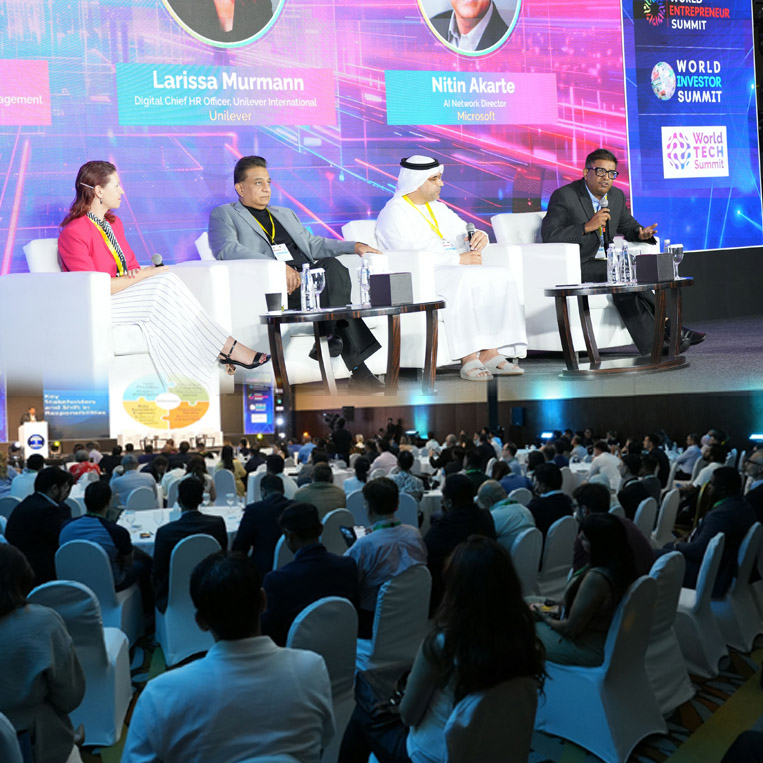
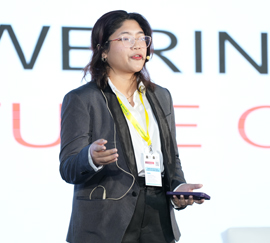
The World Tech Summit Dubai 2025 is a premier global technology conference bringing together visionaries, innovators, and changemakers from across 20+ countries. Set in the vibrant city of Dubai, the summit will take place on November 21–22, 2025, at the iconic Mövenpick Grand Al Bustan Hotel.
Designed as a hub for collaboration, innovation, and thought leadership, the summit will explore how emerging technologies are transforming industries, societies, and the global economy. From AI to sustainability tech and quantum computing, World Tech Summit is where the future of technology unfolds.
Whether you’re a startup founder, investor, policymaker, enterprise leader, or tech enthusiast—this is your opportunity to learn, network, and lead in the age of digital disruption.
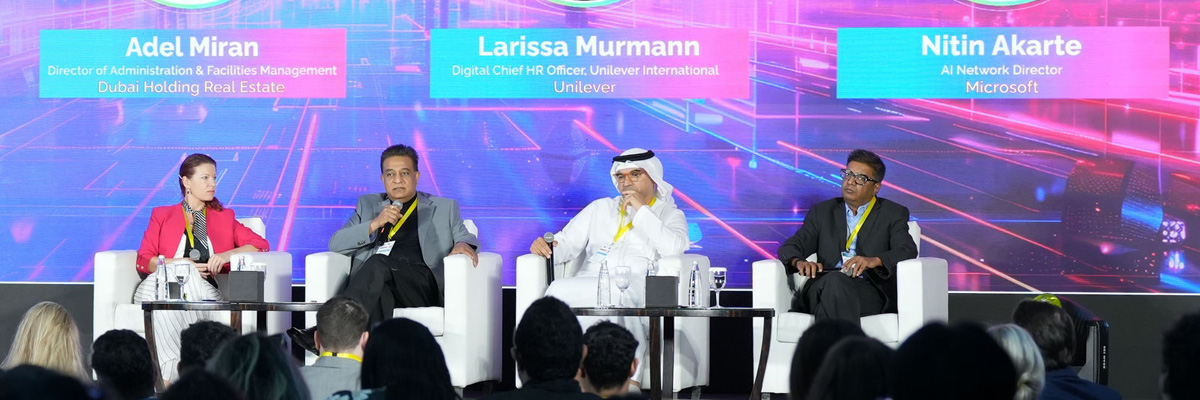
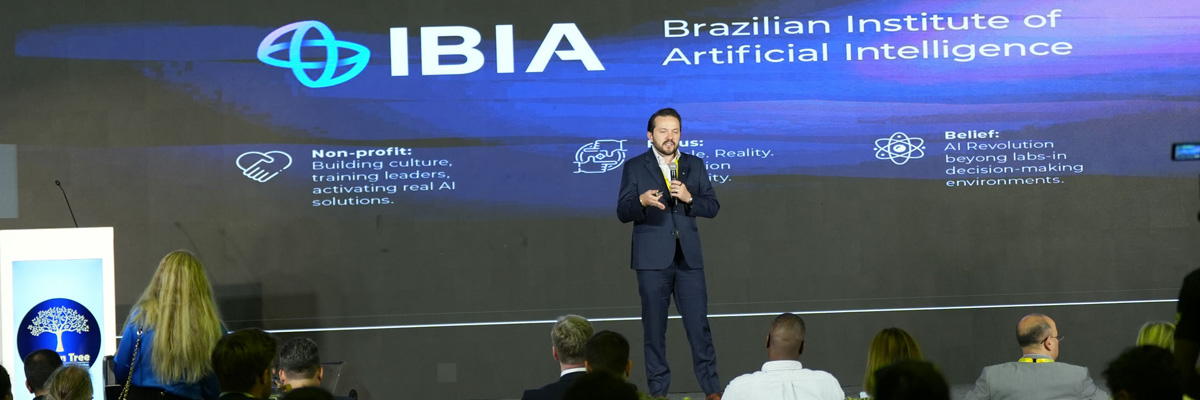
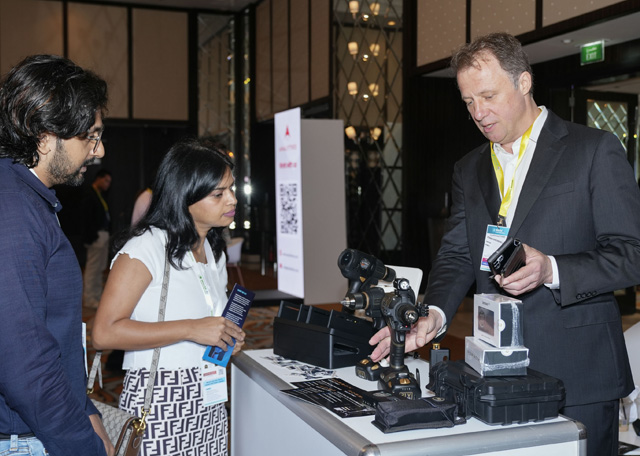


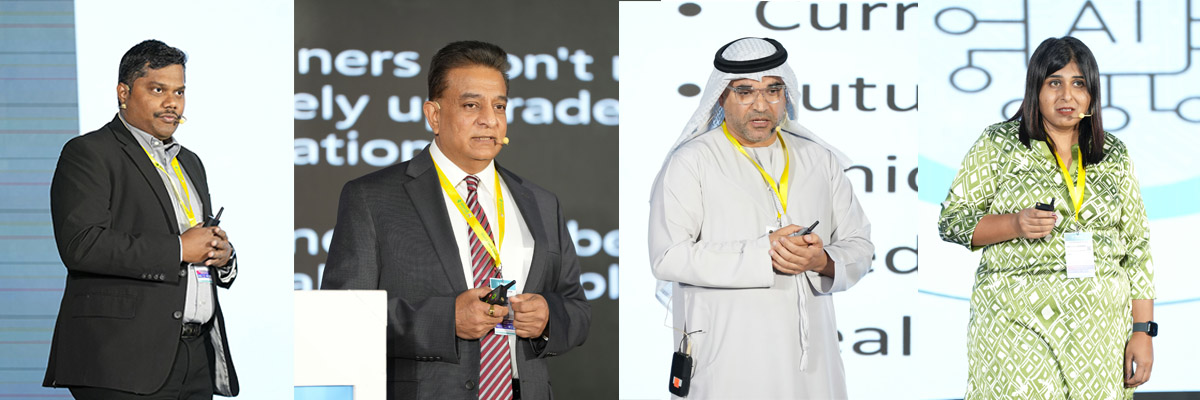





























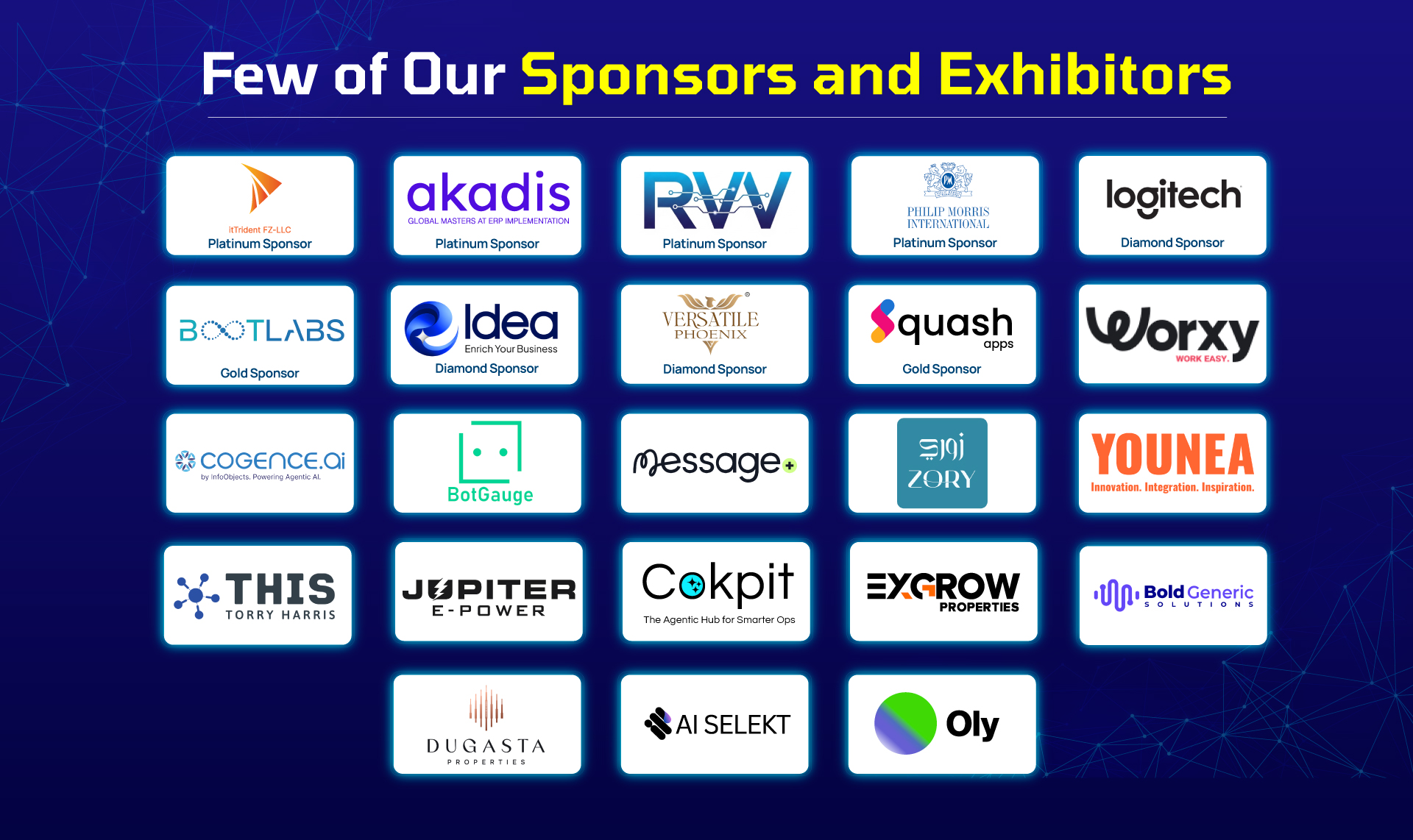
Participating in a panel discussion at the World Tech Summit is an unparalleled opportunity. This annual event attracts the brightest minds and most influential leaders in the tech space. Speaking on a panel can amplify your brand, expand your network, and position you as a thought leader in the industry. Below, we outline the top reasons why you should seize this opportunity.
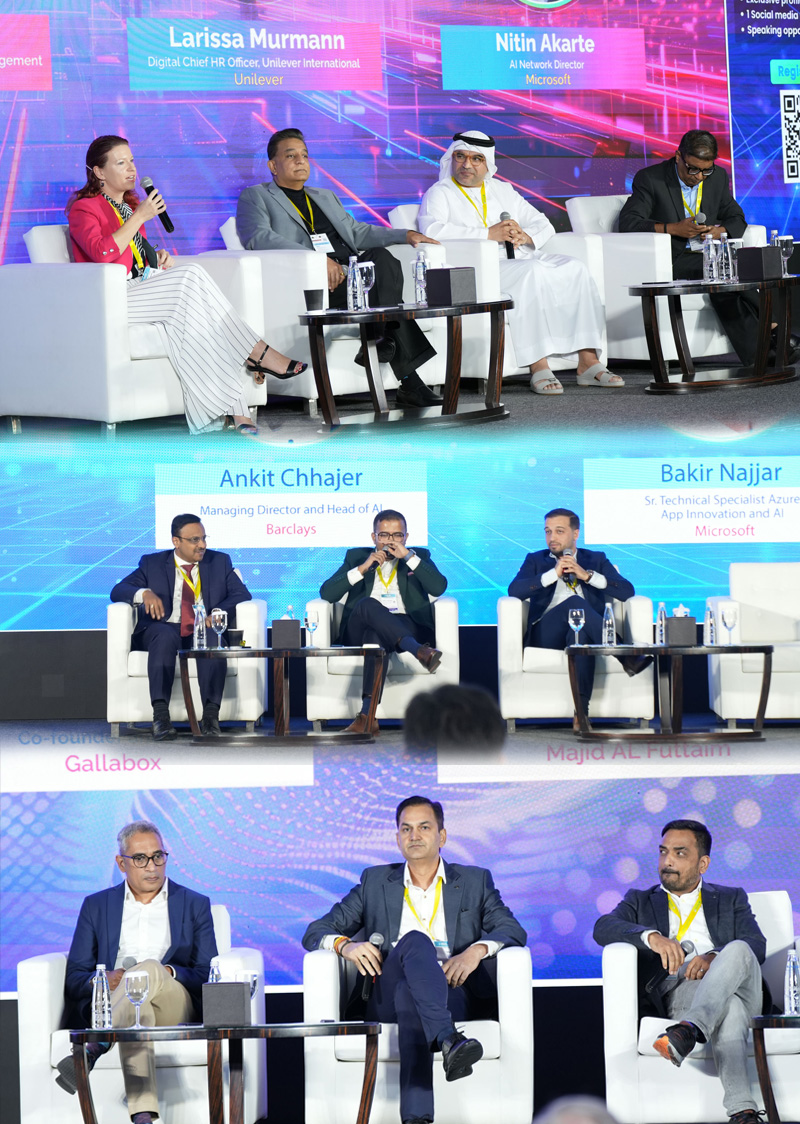
The World Tech Summit 2025 is set to be a premier gathering for over 1,000 global tech leaders, innovators, startups, investors, and policymakers from more than 30 countries. This two-day event will delve into transformative technologies shaping the future of business and society.
Hear from global tech icons and thought leaders who are shaping tomorrow’s digital world. These sessions will provide insights into the latest technological advancements and their impact on various industries.
Explore future-defining technologies from the world’s most innovative companies. These showcases will feature cutting-edge products and solutions in areas such as AI, blockchain, cybersecurity, and more.
Connect with decision-makers, founders, venture capitalists, engineers, and innovators from across the globe. Dedicated networking sessions will facilitate meaningful collaborations and partnerships.
Participate in focused sessions covering:
Witness emerging startups present their innovative solutions to a panel of investors and industry experts. This platform offers startups the opportunity to gain visibility and secure potential funding.
Engage in hands-on sessions designed to provide practical knowledge and skills in various tech domains. Led by industry professionals, these workshops will cover topics such as AI implementation, cybersecurity best practices, and more.
Celebrate and learn from leading women in technology through panel discussions and networking events focused on diversity and inclusion in the tech industry.
Experience the unveiling of new products and technologies through live demonstrations. These sessions will showcase the latest innovations set to disrupt the tech landscape.
Step onto the global stage at the World Tech Summit and let your expertise take the spotlight. You're not just another name in the crowd—you’re a leader ready to influence the future of artificial intelligence. Share your insights with top industry professionals and connect with innovators who are shaping tomorrow. Don't miss this chance to make a lasting impact in the tech community. Your voice matters; make it count
Establish Authority
Network with Industry Giants
Showcase Innovative Projects
Drive Business Growth
Attract Media Attention
Engage with a Global Audience
Learn from Fellow Experts
Enhance Your Personal Brand

AI is redefining industries with automation, generative AI, and predictive intelligence across business, healthcare, education, and more.

Secure, scalable, and intelligent cloud solutions are powering the digital backbone of modern enterprises and governments.

Spotlighting zero-trust architecture, threat detection, and secure digital ecosystems amid rising cyber threats.

From DeFi to digital identity and smart contracts—blockchain is reshaping global trust and value exchange.

Connected solutions for smart cities, homes, and industrial systems driving efficiency and intelligent living.

Enabling real-time data, immersive content, and edge computing with ultra-fast next-gen networks.

Advanced robotics are streamlining operations across manufacturing, logistics, and human interaction.

Technology for climate action: clean energy, carbon tracking, and circular economy solutions.

Immersive tech revolutionizing entertainment, education, and digital collaboration spaces.

Empowering real-time insights and AI integration to drive innovation and digital strategy.